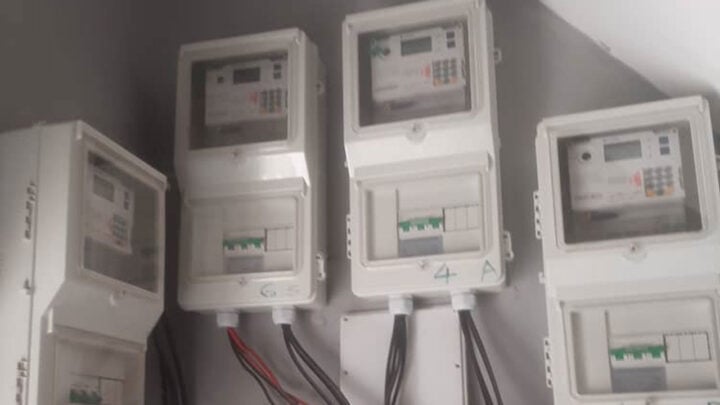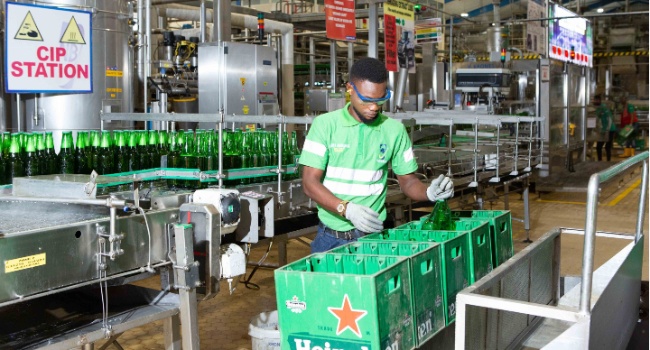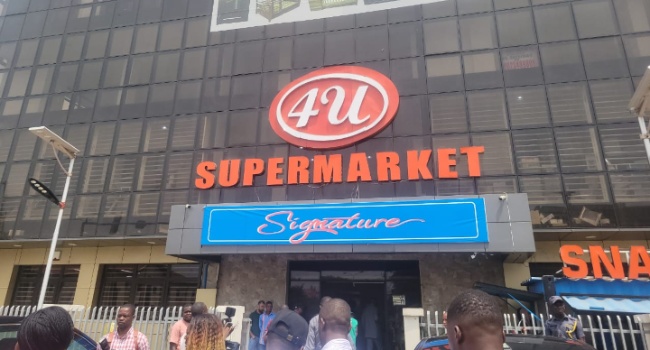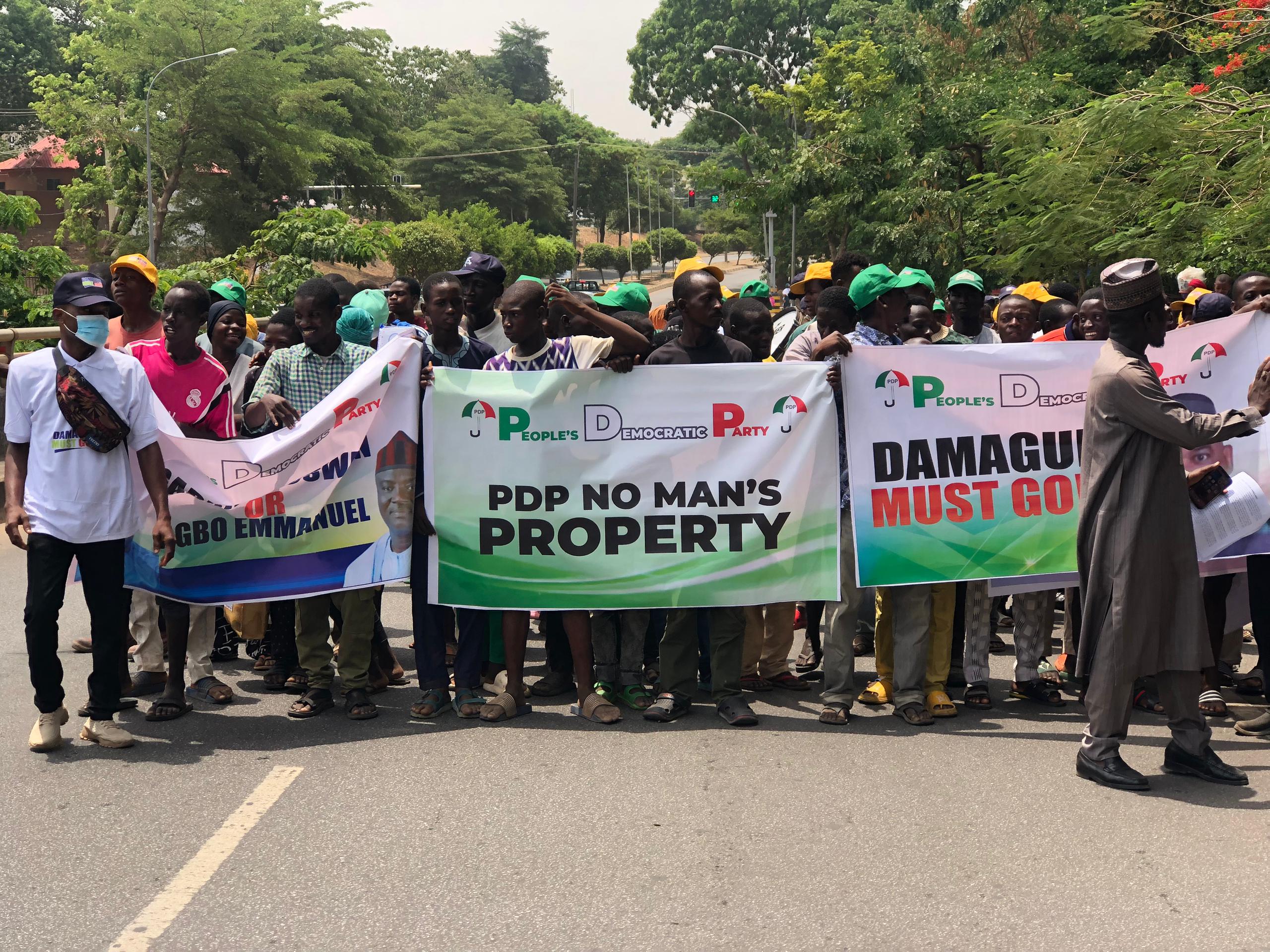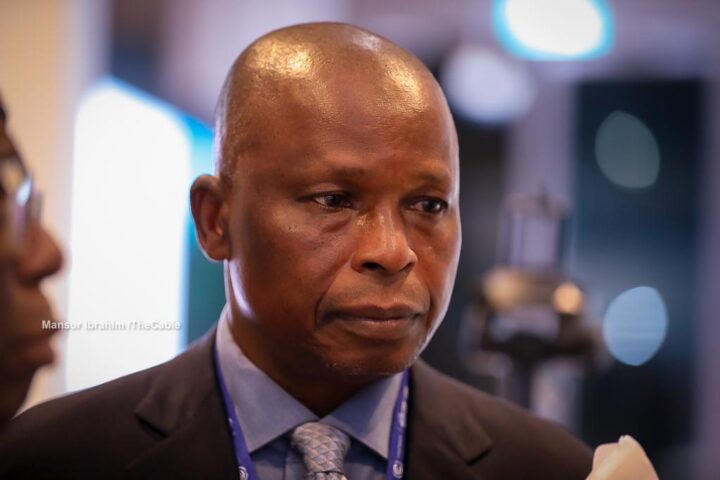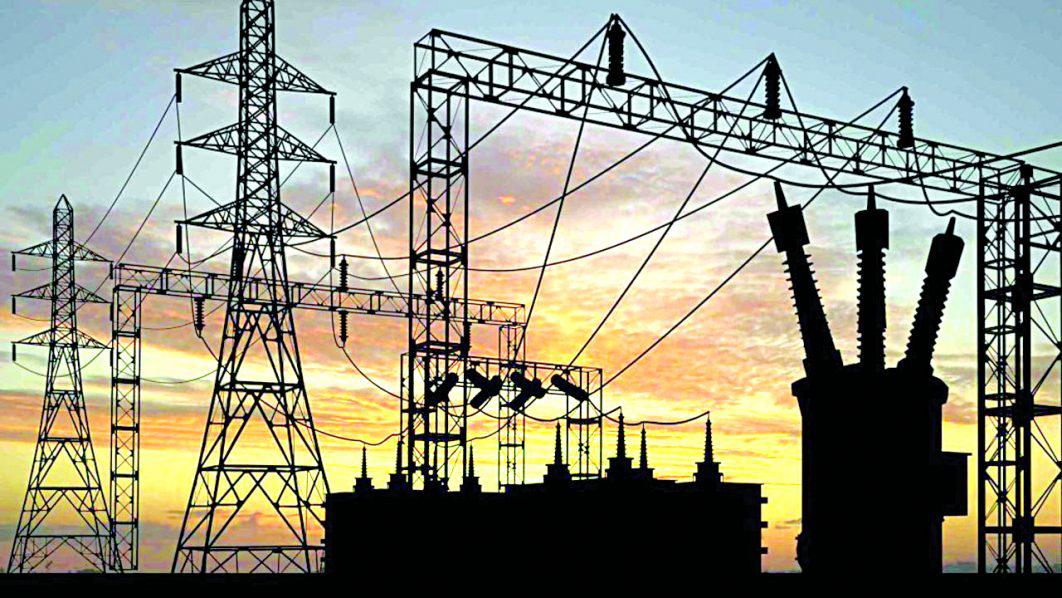The Organised Private Sector in Nigeria (OPSN) has called for the suspension of the new electricity tariff for Band A customers.
OPSN comprises top business membership organisations (BMOs) such as the Manufacturers Association of Nigeria (MAN) and Nigeria Association of Chambers of Commerce, Industry, Mines and Agriculture (NACCIMA).
Others are the Nigeria Employers’ Consultative Association (NECA), Nigerian Association Of Small Scale Industrialists (NASSI) and Nigerian Association of Small and Medium Enterprises (NASME).
The bodies represent over five million businesses in Nigeria.
Advertisement
On April 3, the Nigerian Electricity Regulatory Commission (NERC) approved an increase in electricity tariff for customers under the Band A classification.
In a statement on Wednesday, OPSN said a 200 percent increase in electricity tariff at this difficult time is inimical to the survival of their businesses and would lead to an unprecedented downturn in the private sector.
“The OPSN has received numerous complaints from its member-companies on the implications of the recent astronomical increase in electricity tariff by the NERC for Band A customers without the required and proper consultations with the private sector,” the organisation said.
Advertisement
“This sudden exponential increase in the face of inadequate electricity supply, is inimical to the competitiveness of Nigerian products and businesses and will definitely exacerbate the impact of high cost of production.
“Meanwhile, the astronomical increase is against the MYTO Order referenced NERC/2023/05, which valued the cost-reflective tariff at N114.8/Kwh (determined using exchange rate of N919.39/$1).
“It also does not reflect the current exchange rate reality that has seen the naira appreciated by 62.95 percent over the dollar in the last one month.”
The group further said with the new tariff of N225 kilowatt per hour, Nigeria now ranks third after Germany and the United Kingdom on the list of countries with high electricity costs.
Advertisement
“What is most worrisome with the Nigerian case is the fact that the electricity to be supplied is not adequate,” OPSN said.
“Also, the increase is coming on the heels of macroeconomic instability, infrastructure deficits, as well as other supply side constraints limiting the performance of the productive sector.
“Truth be told, over 65 percent of private businesses, especially manufacturing concerns and SMIs, may be forced to close down due to the high electricity tariff.
“It will have negative trickle-down effects and certainly impoverish Nigerians. The unwarranted increase will worsen the upward swing in inflation, aggravate the pressure on the disposable income of the average Nigerian and lead to closure of many private businesses.
Advertisement
“The cumulative effect will be an escalation of the current high level of unemployment and insecurity in the country.”
The group, therefore, asked that the implementation of the new tariff be suspended to enable all stakeholders to have meaningful dialogue around the process and methodology of determining electricity tariffs as well as jointly agreeing on the transparent mechanism required for tariff setting.
Advertisement
OPSN also commended the efforts of the government and the various reforms by President Bola Tinubu’s administration to stabilise the economy and enhance human capital development.
Advertisement
Add a comment
